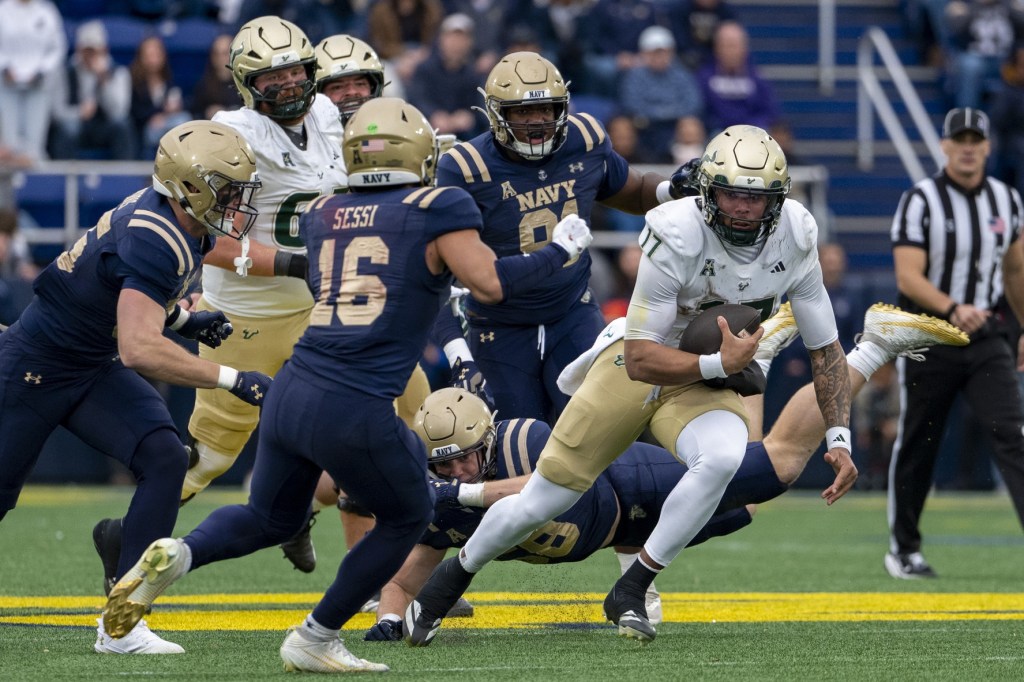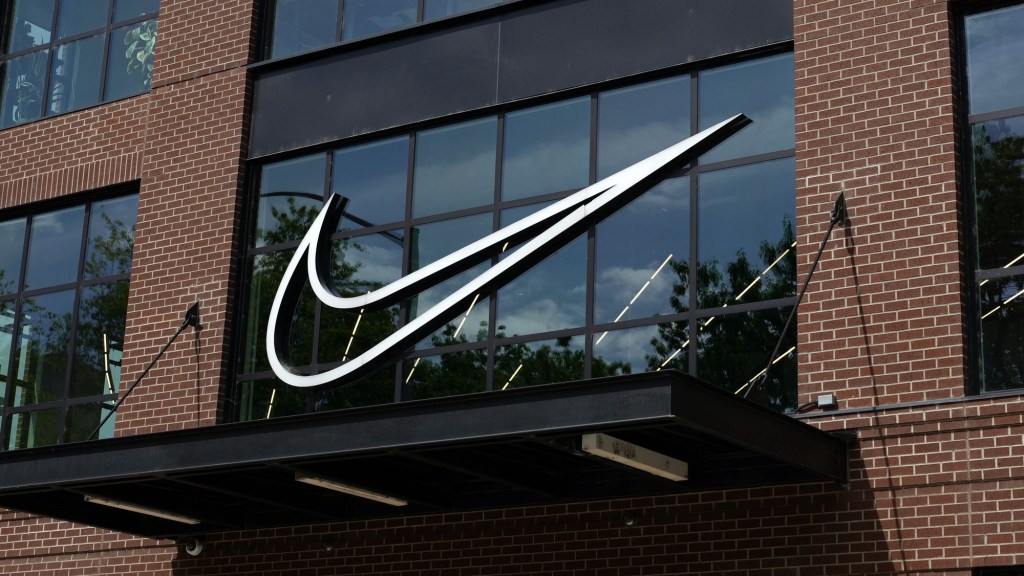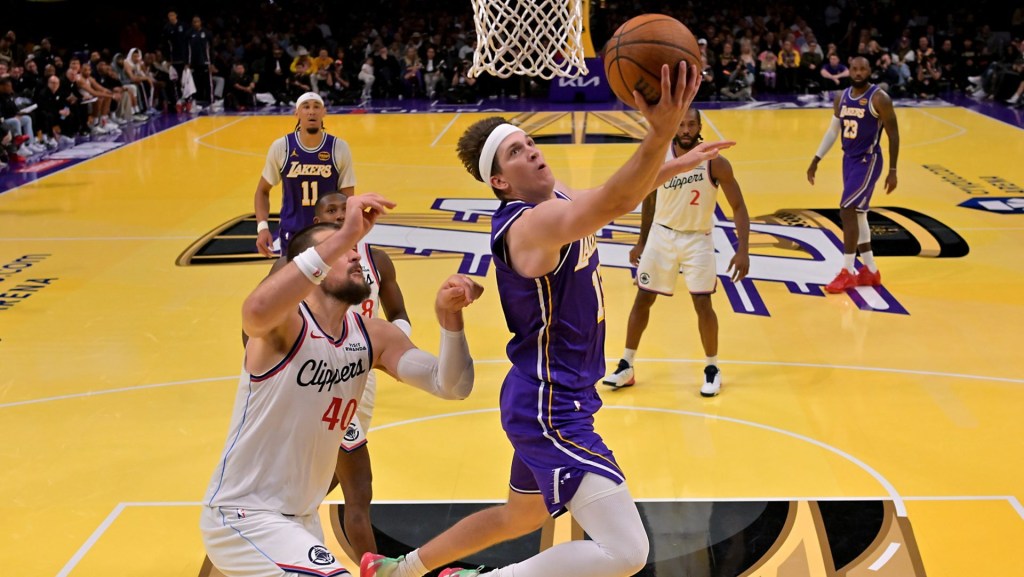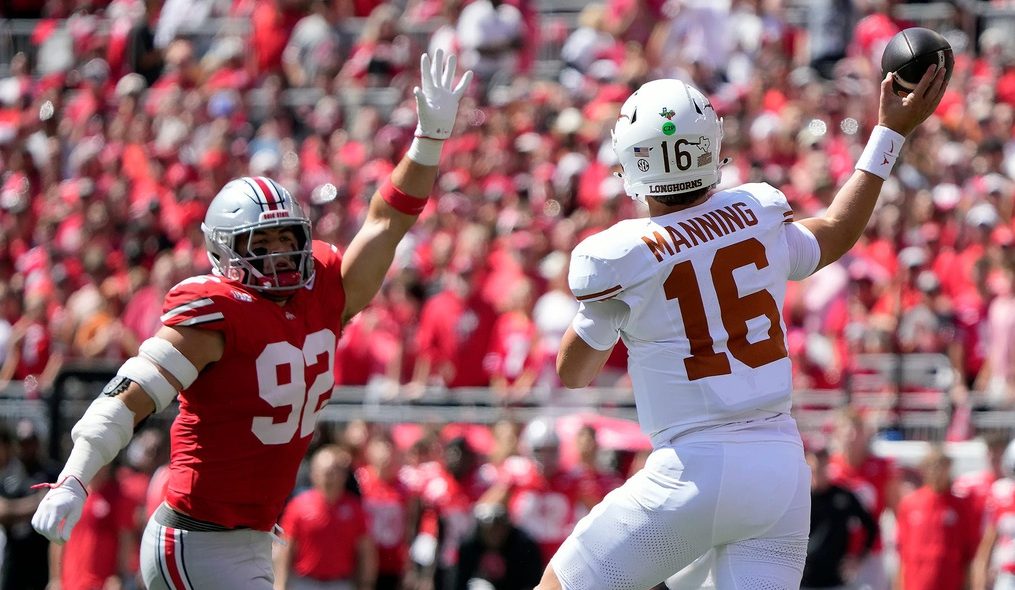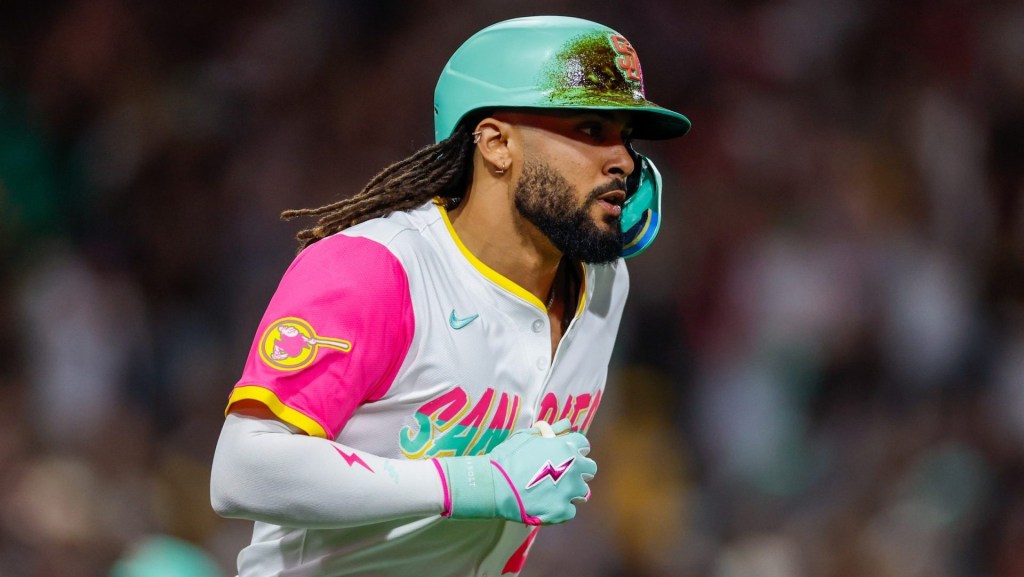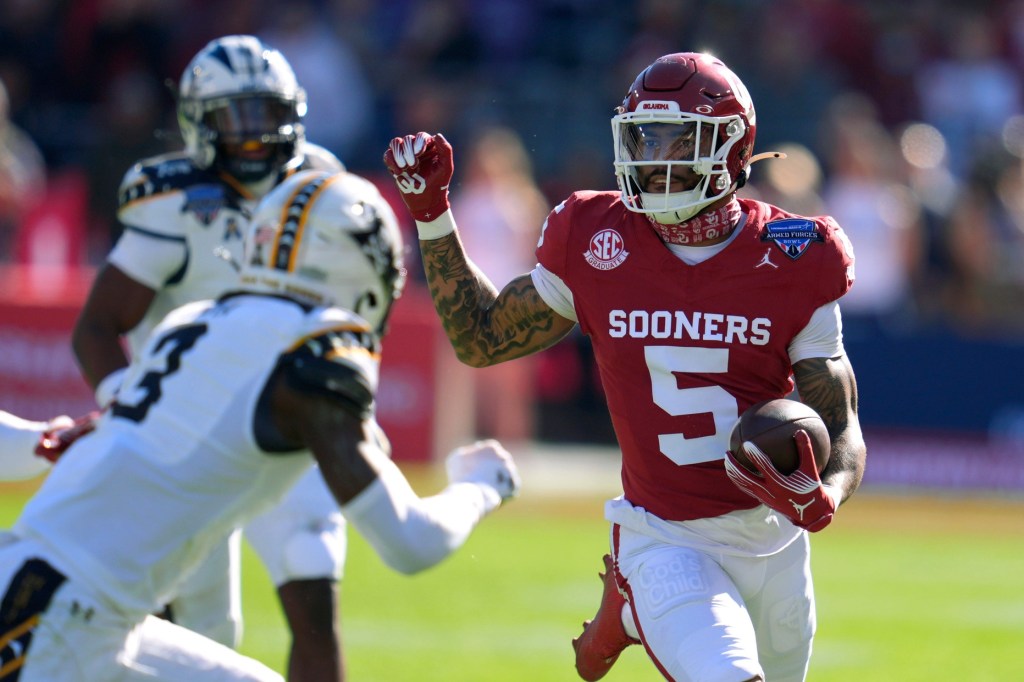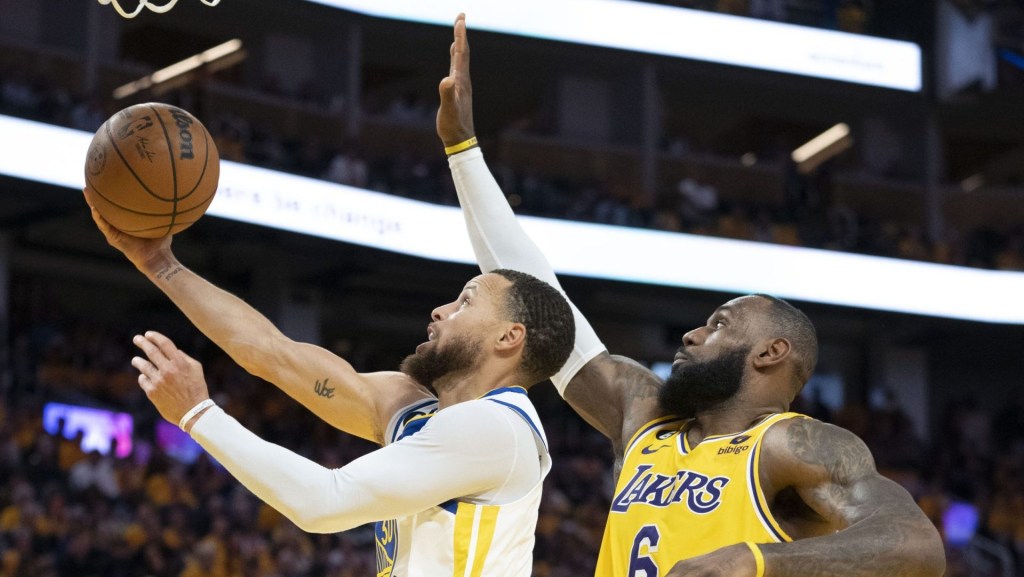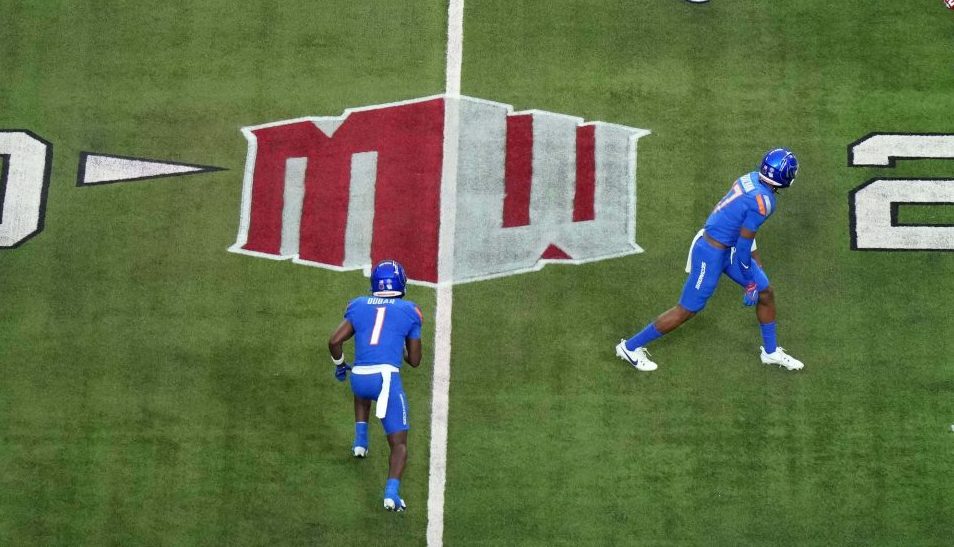This interview is presented to you by the University of Nebraska — Lincoln Master of Arts in Business with a Specialization in Intercollegiate Athletics Administration
By Tyler Endebrock, @tjendebrock

Leon C. McKenzie, President and Founder of Sure Sports Lending
When you walk into a lending company’s office, you would not often expect to see walls full of signed NFL and NBA jerseys, hear ESPN’s “First Take” in the background or watch a 6-foot-10-inch NBA power forward taking pictures with the company’s employees. However, on any given day in the Sure Sports Lending (SSL) office, you might see just that. Front Office Sports is proud to have sat down with Leon C. McKenzie, President and Founder of SSL, to discuss his journey to creating one of the most niche loan practices in the country.
McKenzie attended West Chester University of Pennsylvania, not far from where he grew up, and received his finance degree before heading 25 miles east to Villanova for his MBA. His father was a high school math teacher, which led McKenzie to initially try his hand at teaching. It took no time for McKenzie to realize his passion was in money.
“I started out as a secondary education major in college, and I quickly found out I like money a lot more than I like kids. After school, I worked as a financial analyst for a couple of large real estate companies, and then I was given the opportunity to work for a bank that was doing large loans within commercial real estate. I learned a lot about the credit side, but I don’t think I was ever really built to be a banker. The nine to five banking stuff just wasn’t my jam, since I always had ‘the party starts when I get there’ mentality, so I went out on my own for a little bit and kind of bounced around doing some consulting projects.”
“Shortly after moving to South Florida, I was approached by a professional athlete who needed a loan, and he was having a hard time getting it through the banks. By complete accident, I was able to put together an extremely sound structure for banks to be able to loan money to athletes. After about three months of work, I got the athlete a $2 million loan based on this structure.”
Athlete lending was not a thought of McKenzie’s when he first entered the financial world. When McKenzie was younger, he aspired to be a professional athlete. Once he realized he had no professional future playing sports, he always thought of sports as just entertainment. However, when he met his then girlfriend, now wife, he told her he would enjoy finding a way to combine his two loves: money and sports. As McKenzie looked more into it, he saw the athlete lending industry was incredibly under-serviced. He had a vision to show that athletes are regular people too, and they need loans just as much as anyone else.
“In my banking meetings I often tell the bankers, ‘Athletes are like strippers: They are great to look at, but no one wants to do business with them.’ People love to go and watch their buddy play football and then go have a drink with him in the VIP section, but once the player says, ‘Hey, I want to buy a house,’ their ‘friend’ wants nothing to do with them. That sort of negative perception has catapulted our business. Banks have always had the capability, but not the wherewithal, and certainly not the appetite, to loan money to athletes. This changed for us, since now we have banks that want to do business with us.”
McKenzie’s vision started to become a reality, and he began creating a company that would underwrite loans to athletes, based on the athlete’s contract. Depending on the loan request and how quickly the player needs the loan, the entire process can reach completion in as little as 72 hours through private investors. If the priority of the loan is cost rather than time, the loan process reaches completion in about a week through a bank (McKenzie discusses both the private investor and bank loan processes later in the interview). Under McKenzie’s tutelage, the company continues to try and perfect their craft each day.
“The goal was always to be the lowest-cost provider for a loan. Now, the goal is to be the best, fastest and cheapest provider of loans to athletes. Prior to the economic downturn, and before I incorporated my company in 2009, banks would throw money to anyone. However, athletes were still borrowing from predominately private lenders at 18 to 34 percent. I remember on my second or third loan, the player took my loan package to a banker, but the banker wouldn’t accept it and said, ‘This is too good to be true.’”
“People think athletes don’t need to borrow money because they don’t fit into the conventional lending guidelines, but that’s not the case.”
— Leon C. McKenzie
McKenzie credits strong planning and a good amount of luck to starting his business at the time that he did. Real estate investors and displaced bankers were standing on the sidelines with money to invest, and they were looking for high returns. He was approached by multiple investors interested in lending to athletes for around 30 percent.

Leon C. McKenzie with TV personality and former NFL player Merril Hoge at the Sure Sports Lending Annual NFL Combine Cocktail Party.
“I did one at 24 percent, and I showered for about a week straight afterwards because I felt so dirty. It was terrible, so I tried to build up my bank network, while also having some private investors. That’s when I really started what came to be our current business model. We found about three to five different banks in every sports city, which were banks that had 3–10 branches per bank. They are just big enough that it isn’t like you are walking into someone’s living room, but they are small enough where I could meet with the bank president and the credit officer. It is great because the athlete is doing a lot of good for that bank, and then he is treated like family when he comes in.”
“The big missing piece for these loans was insuring the contract, and now we have three or four main insurance companies for the loans. These smaller community banks are comfortable working with our insurance companies. Now we have a network of almost 175 banks, so when a player needs a loan right away, we can get him his money from our investors, then get him into a bank soon thereafter at a better rate. Our average loan rate for all the players we have done in the last year is at about seven percent. Even if they need the money right away, we can get them a maximum 12 percent annual rate with our investors, then get the loan refinanced three weeks later with one of the banks.”
McKenzie is very happy with the amount of sophistication the company has added to the loan process just in the past few years. He credits the smoothness of the process to his current team and the talent he continues to bring in to the office. They have everything down to an exact science, and they even have contests to see if the loan closing can finish faster than the previous one.
SSL now provides loans to NFL, NBA, MLB, NHL and MLS players. However, it is not often that the company gets a “lead” from the athlete himself. SSL mostly works with financial advisors, agents, business managers, etc. to get the athlete the money they need.
The company can provide pre-draft loans to NFL and NBA athletes (they are working on fine-tuning pre-draft loans for MLB) who need the money to train and get their lives in order before they sign with a team. The pre-draft loan amount is determined by the player’s projected draft slot from multiple draft boards. Once a player signs a professional contract, they can come to SSL to get a contract loan, based specifically on that player’s unique contract. The company also created the “McKenzie Mortgage,” which gives players the chance to receive a favorable mortgage (up to 110 percent financing) on their home, even when they are not getting paid. If the player is not getting pay checks until the season starts, he does not have to make payments on the loan until then.
To initiate the entire loan process, SSL needs to have the player’s contract, which they hand over to Darren Heitner and Alan Wilmot at Heitner Legal to examine the contract and make sure there will be no issues. Based on the contract examination, a player can borrow up to 30 percent of a guaranteed contract and 10 percent of a non-guaranteed contract. Once the contract is examined, SSL starts the underwriting process by customizing the term sheet depending on the contract. They request documents from the athlete such as pay stubs, tax forms, bank statements, driver’s licenses or even a 4506T in place of tax returns.
SSL will then decide if the loan needs to be done in-house or with a bank. If it is the latter, SSL will utilize one of its affiliated banks in the player’s city they are playing, or where they grew up/played college ball, so they have a connection to that bank. From start to finish, SSL can close a loan with a bank in about a week, and they have the ability to close anywhere in the country via webcam.
McKenzie understands that there is somewhat of a negative stigma with athletes needing loans and lending companies providing those loans. To that, he says there are a host of reasons to have athletes take out loans. One, these loans are a way for kids coming right out of school to build credit. Two, he believes that players should let their cash work for them and outperform what they are paying for interest. He mentioned there is a soft-spot in his heart for helping kids who did not have much money growing up.
“Executives in media companies making $500,000 per year can walk into a car dealership and buy a $200,000 car, no problem. We have athletes signing a four-year, $40 million contract out of college, and if they want a $200,000 car, they need to walk into the dealership with $200,000 cash. So what happens is these guys, who don’t know any better or weren’t raised in that environment, will go in with a wad of cash to buy a $200,000 car. It’s frustrating that these kids are making money, but they have to carry loads of cash to buy anything. I want to see people getting out of that mentality and building credit. It is dangerous to carry cash like that, and building credit is much better for these kids in the long run.”

Leon C. McKenzie and his SSL team have found their niche and excel at it in the #sportbiz.
“People also don’t seem to understand that this is just like any other job. You don’t walk in, finish the interview, get the job offer and get cash slid across the table to you. You leave with the same amount of money you came in there with. Some leagues may provide moving stipends for the players, but most of these kids make money only during the season. When they aren’t making money, especially before they begin their careers, they need these loans to get by and live the life they want. When athletes like LeBron James or Dwayne Wade already have accumulated assets, everyone wants to be their banker. The hard part of banking is taking them through their career while they are earning their money.”
“I like to brag about having four rookies per year over a two-year period, and it’s very rewarding for me to help these guys out. And these guys are good. SSL’s all-star team would beat most agent’s all-star teams, and pick any sport you want. These are good players, and it’s easy to see what’s on the come, but our loans are not speculative. Our loans are paid off on what’s known. The opportunity to be a banker and help these players work through is why these community banks we work with are killing the big banks. Three years after the initial loan, the player has his $600,000 loan paid off, with $2 million in the bank, and knows everybody in that bank. It wasn’t until 2013 or 2014 that I saw how much these loans meant to both the player and the bank, and watching the relationships evolve is incredible.”
For McKenzie, another rewarding part of this business working with international players and forging relationships with their agents to allow the players to have money once they come to the States. Most banks do not understand the process for players coming into this country to play sports, but SSL is able to help the players get money that no one else could get them, just by having the patience to work on all the waivers needed.
As far as the future of the company, McKenzie says the sky is the limit. They have seen a huge growth in the McKenzie Mortgage, and they have also seen a huge spike in business loans to the athletes, such as start-ups and investments. They are beginning to tap other markets, and they are taking away the $75,000 minimum loan requirement for MLS, which they hope will continue to add to their strong relationship with the soccer leagues, including the English Premier League.
“Right now, I’m proud to say we are heads and shoulders above the competition, and it is my goal to figure out how to keep that lead and expand on it.”
Front Office Sports would like to thank Leon C. McKenzie for taking the time to share his knowledge of the sports lending industry and his journey. You can find him on LinkedIn, and follow him on Twitter.
To learn more about Sure Sports Lending, please visit their website at suresportslending.com to further understand the athlete lending process, read case studies about SSL and read up on Leon’s non-profit public charity called the McKenzie Promising Futures Fund. If you would like to follow SSL on social media, check them out on Facebook, Twitter, LinkedIn and Instagram.
This interview was presented to you by the University of Nebraska — Lincoln Master of Arts in Business with a Specialization in Intercollegiate Athletics Administration


